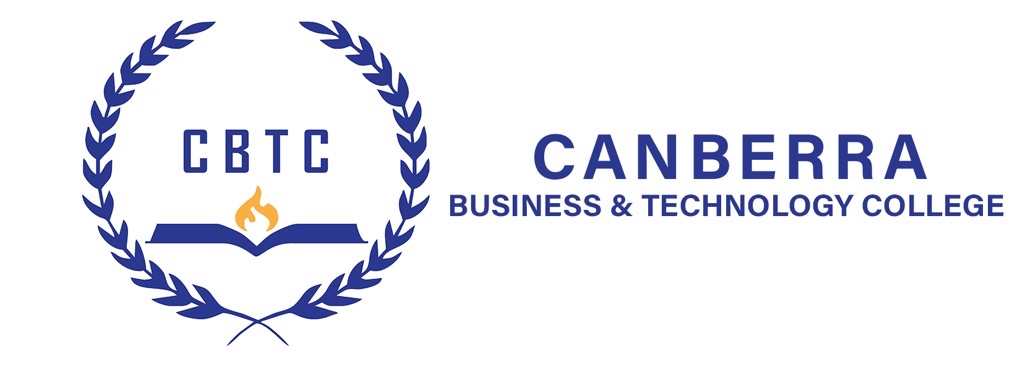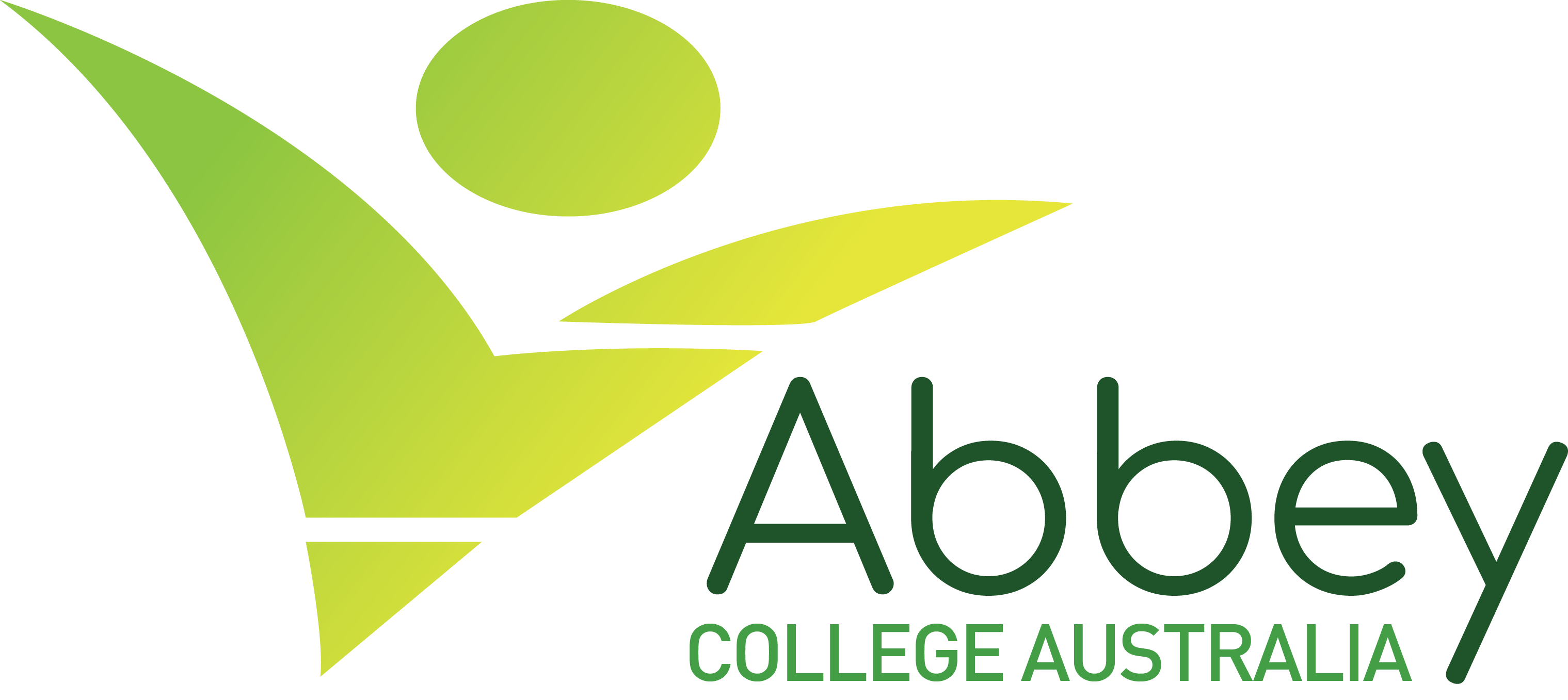Explore leading Australian Universities
Study Level Graduate Diploma
Course Code 116238C
Study Method Class
Assessment Online Exam, Onsite Exam, Assignments
Start Date February 2026, July 2026
Entry Requirement Bachelors
Duration 52 weeks
Price $18000
Discount No
Discounted Price NA
About the Course
The Graduate Diploma of Aged Care builds on the Graduate Certificate in Aged Care. The Royal Commission into Aged Care Quality and Safety (2021) Report highlighted three important messages. These were the need to develop the aged care workforce capabilities; a stronger governance and leadership within the sector; and the importance of a rights based aged care sector. This course has been designed to meet the needs of the aged care sector as identified by the Royal Commission.
The course utilises a Christian framework that is also inclusive and respectful of other faiths. This allows students to learn about working with service users and their families, ensuring their rights are heard and ethically practised. This course has been designed to provide a comprehensive learning experience and flexibility to study online whilst continuing to work.
Entry Requirements
Educational Prerequisites
Applicants may be admitted to the Graduate Certificate in Aged Care or the Graduate Diploma of Aged Care if they have previously successfully completed a relevant:
- bachelor degree
- bachelor honours degree
‘Relevant’ means a degree that includes subjects in human services, psychology, social work, and education. ‘Non-relevant’ means degrees that are science-based (not including psychology), where you have not completed human services-related subjects. Applicants with non-relevant degrees will be considered on the basis of their work and life experience.
Applicants with Work and Life Experience
Applicants without undergraduate qualifications can apply for admission via the work and life experience pathway, which may consider other forms of study completed in the higher educational sector and vocational sectors. These include volunteer activities with older people, participation in religious communities supporting older people, church contributions, and professional development relevant to human services and aged care.



